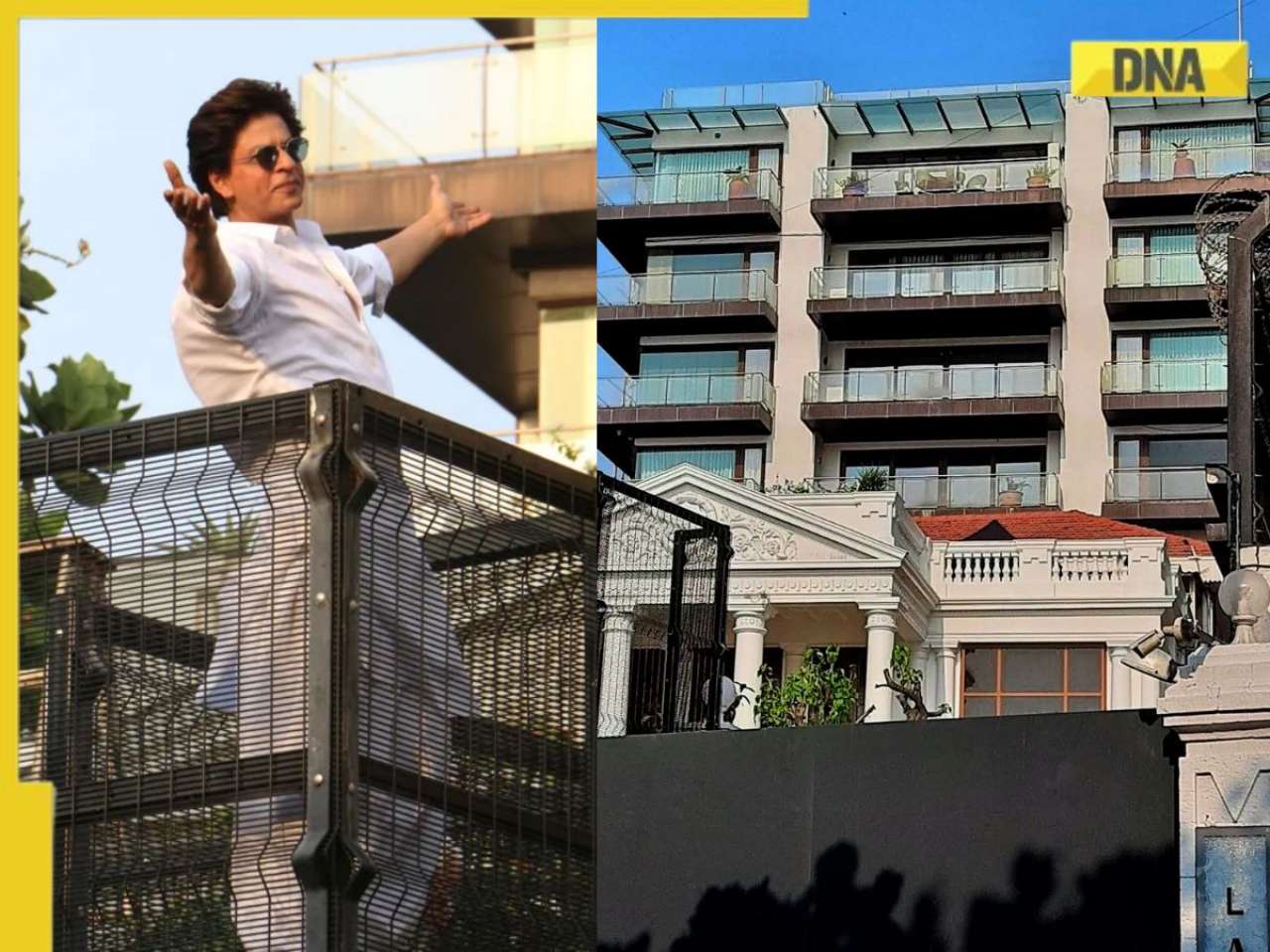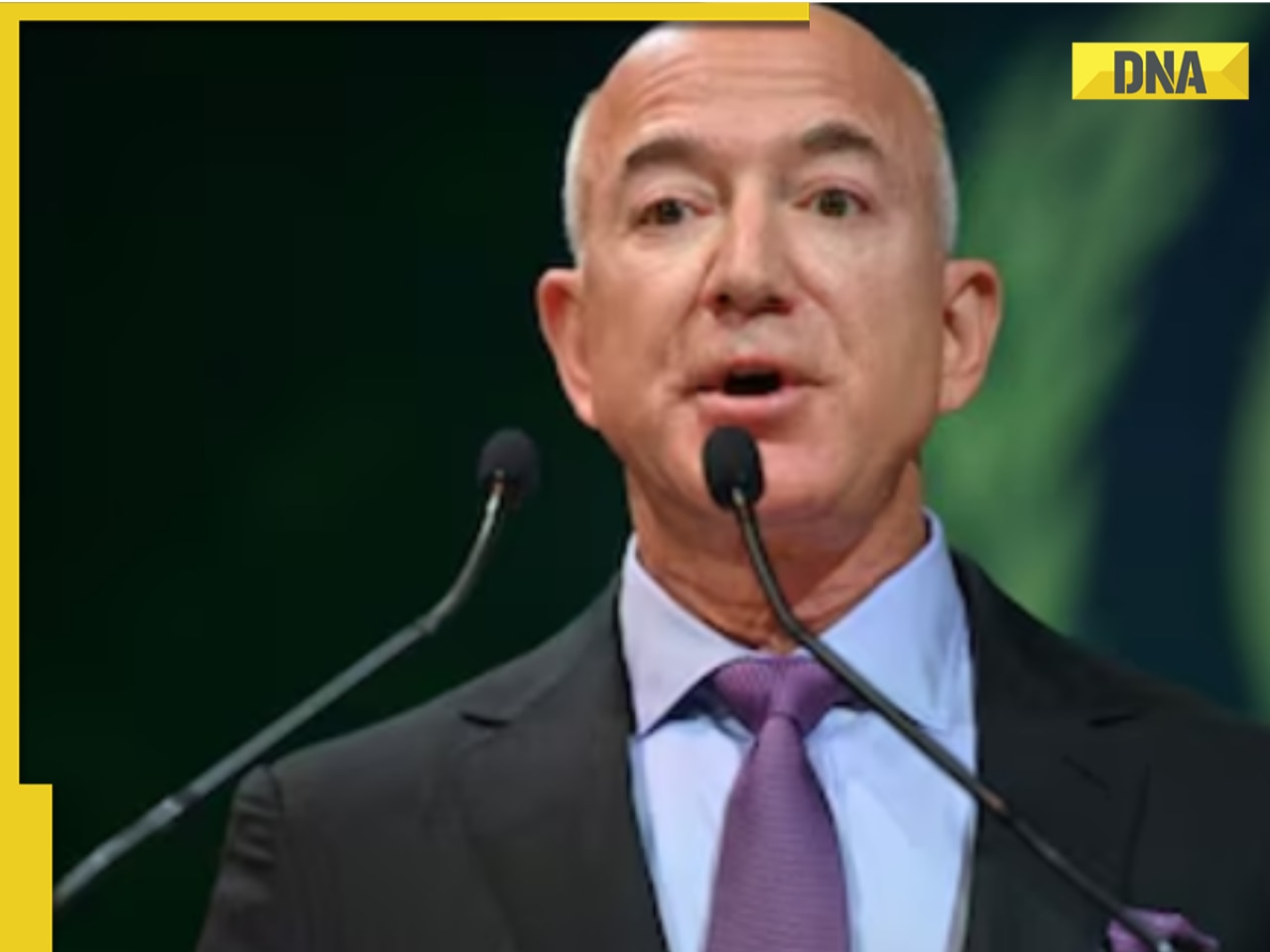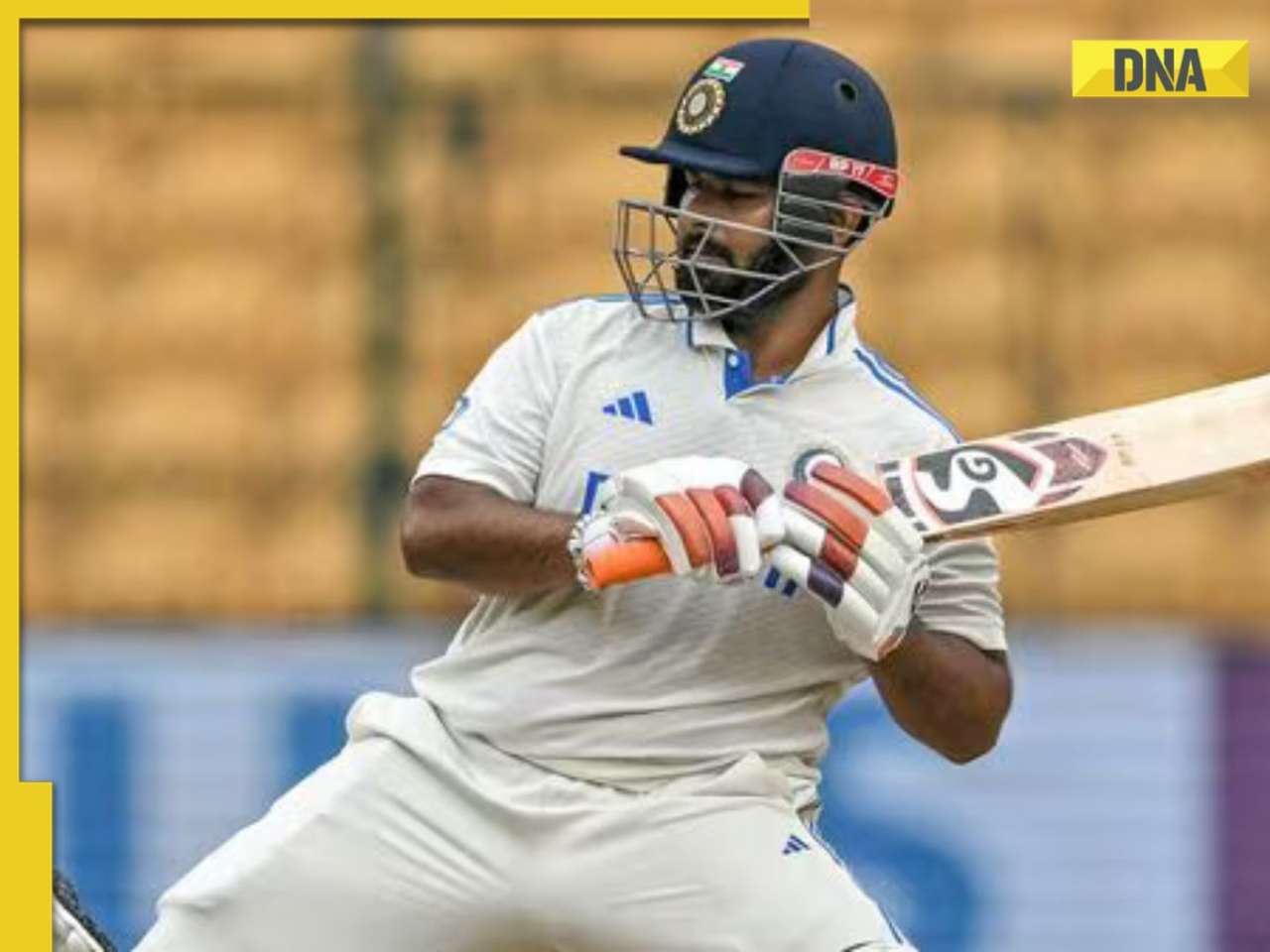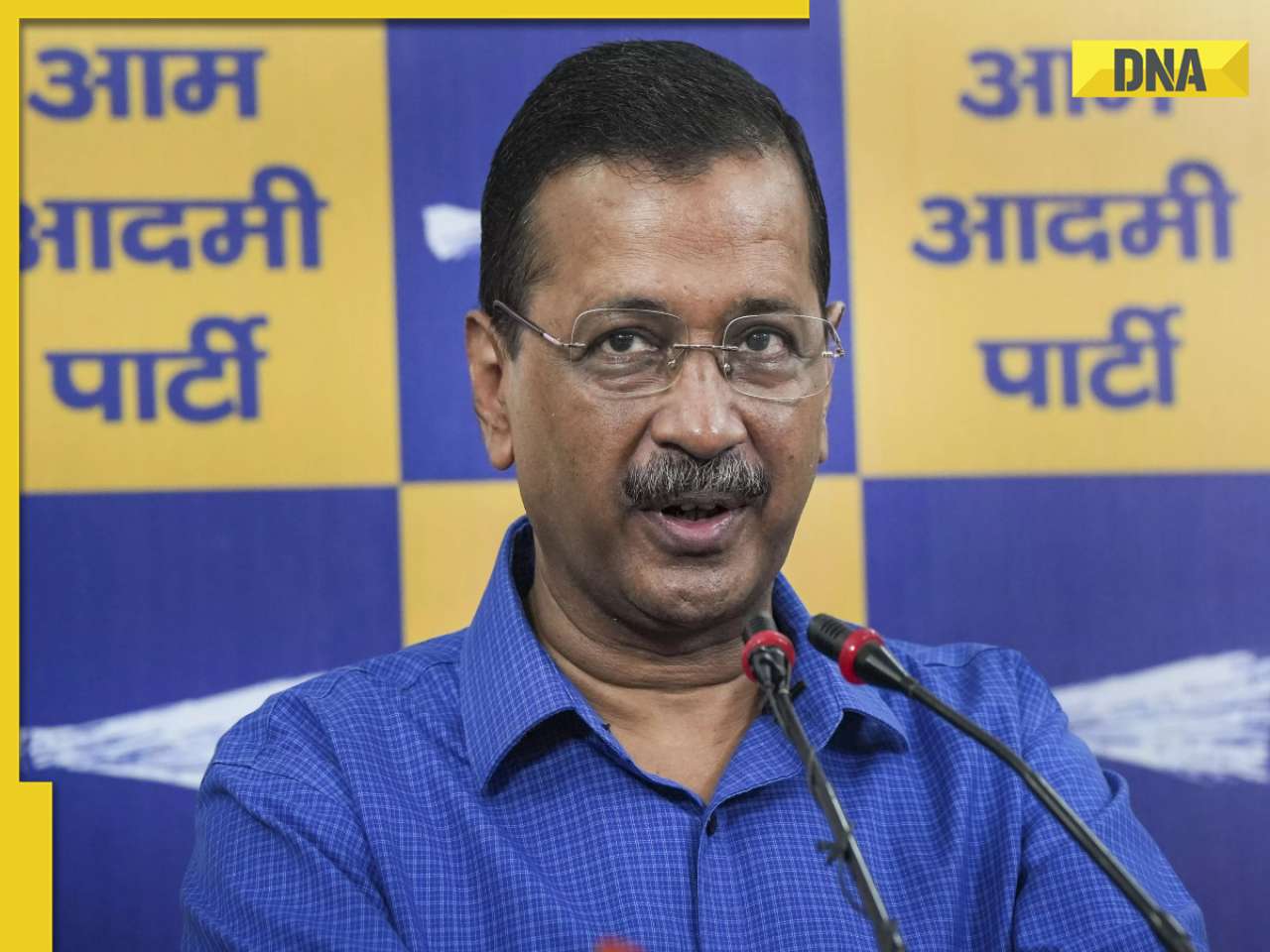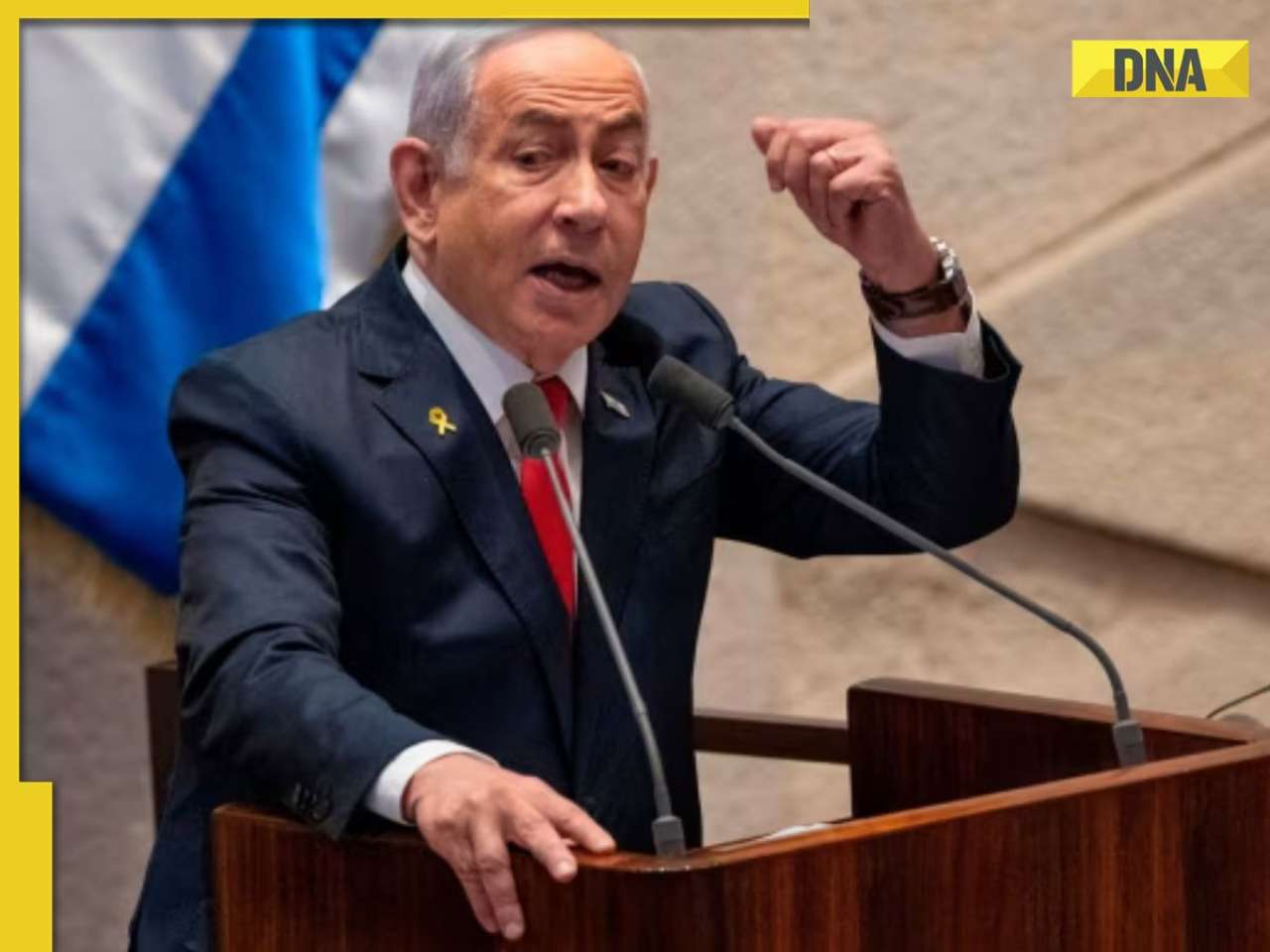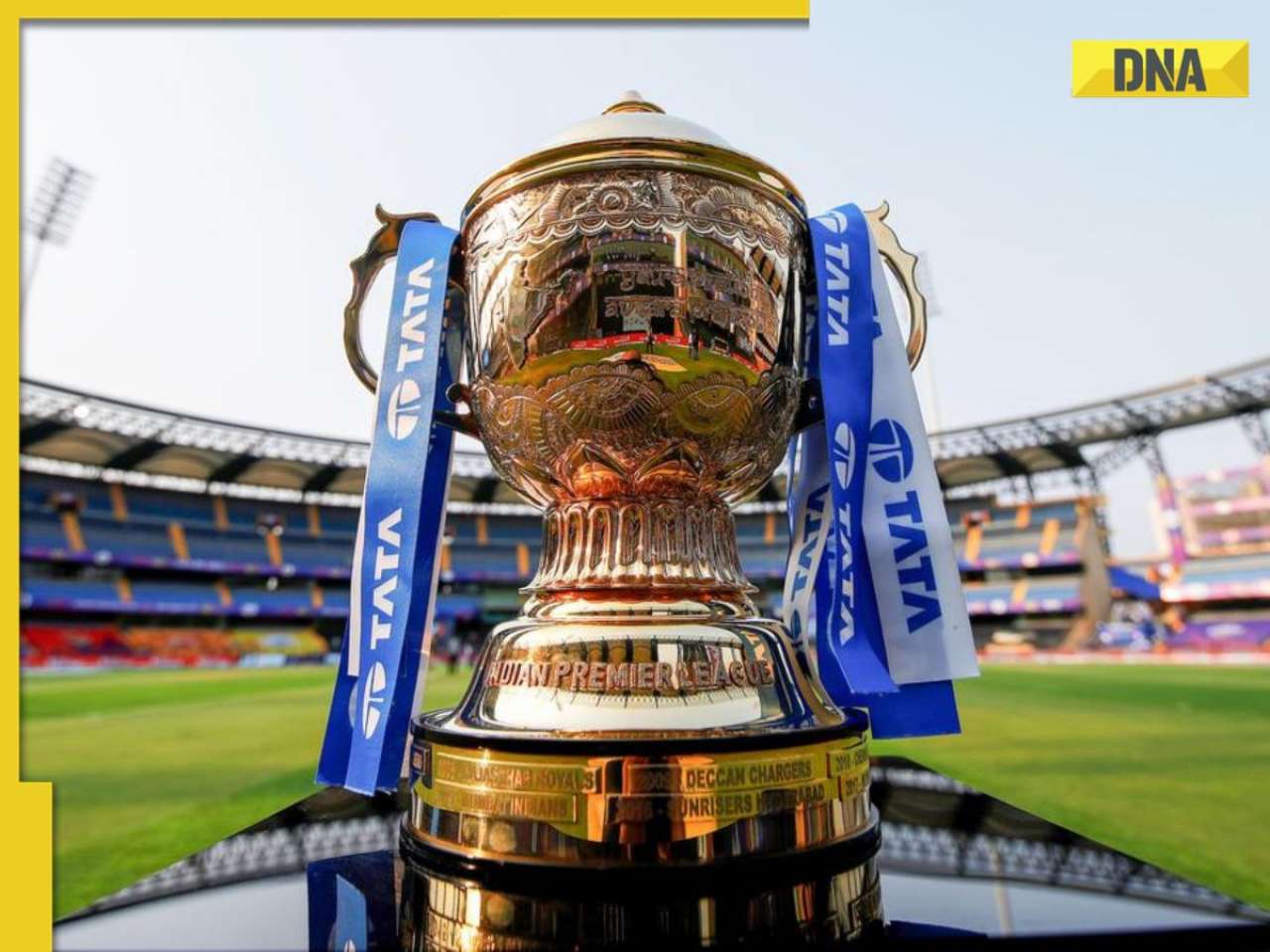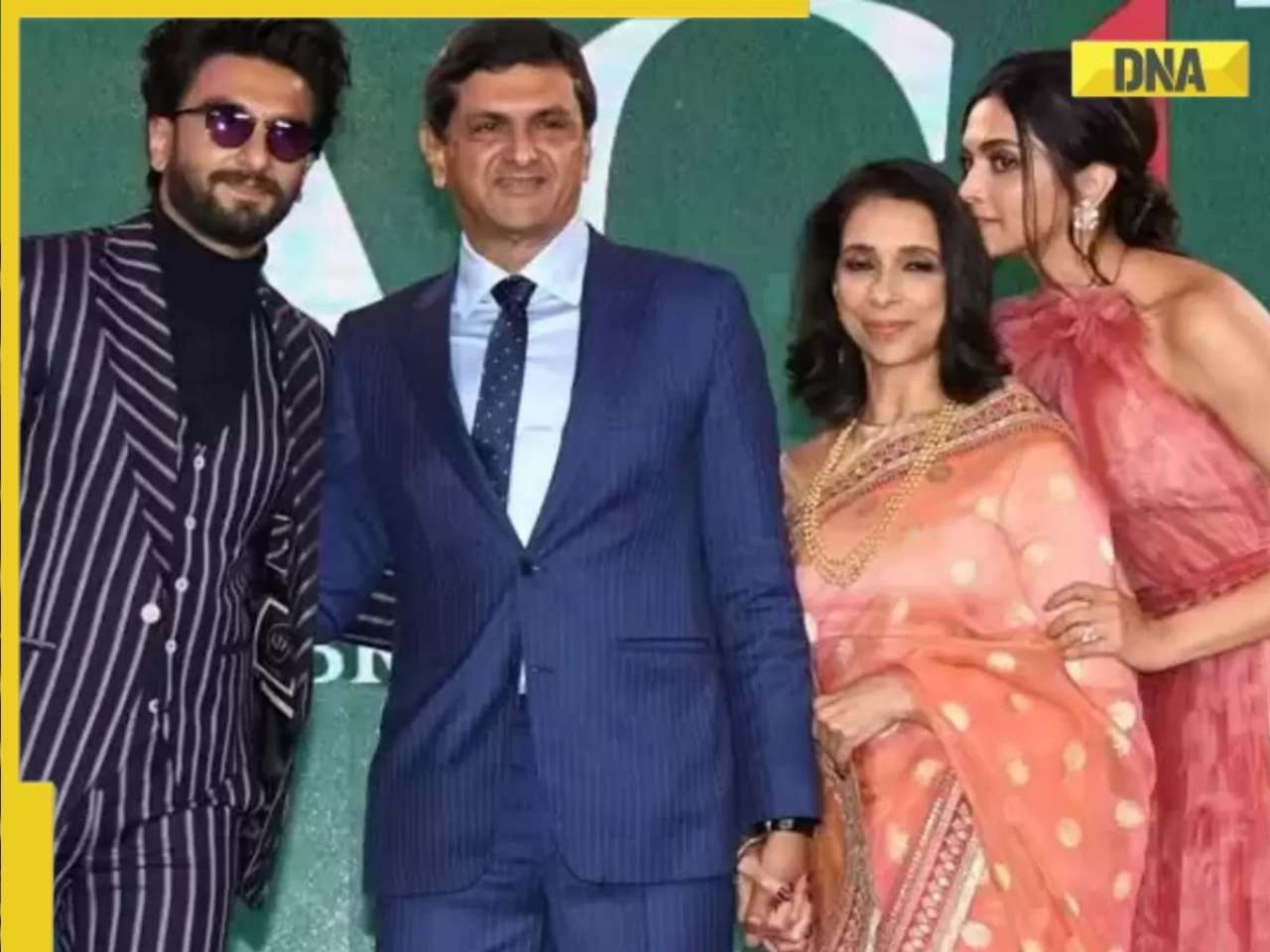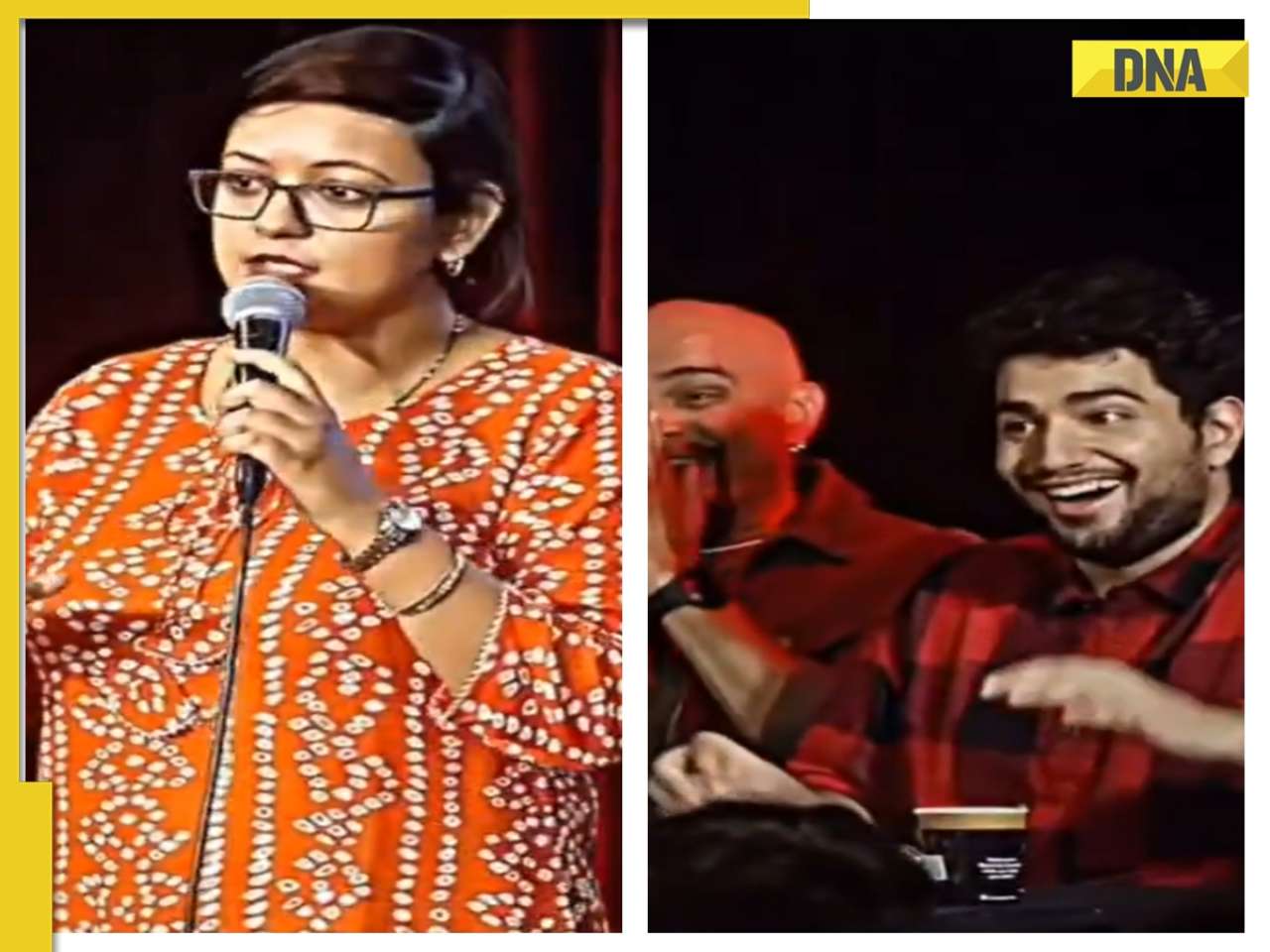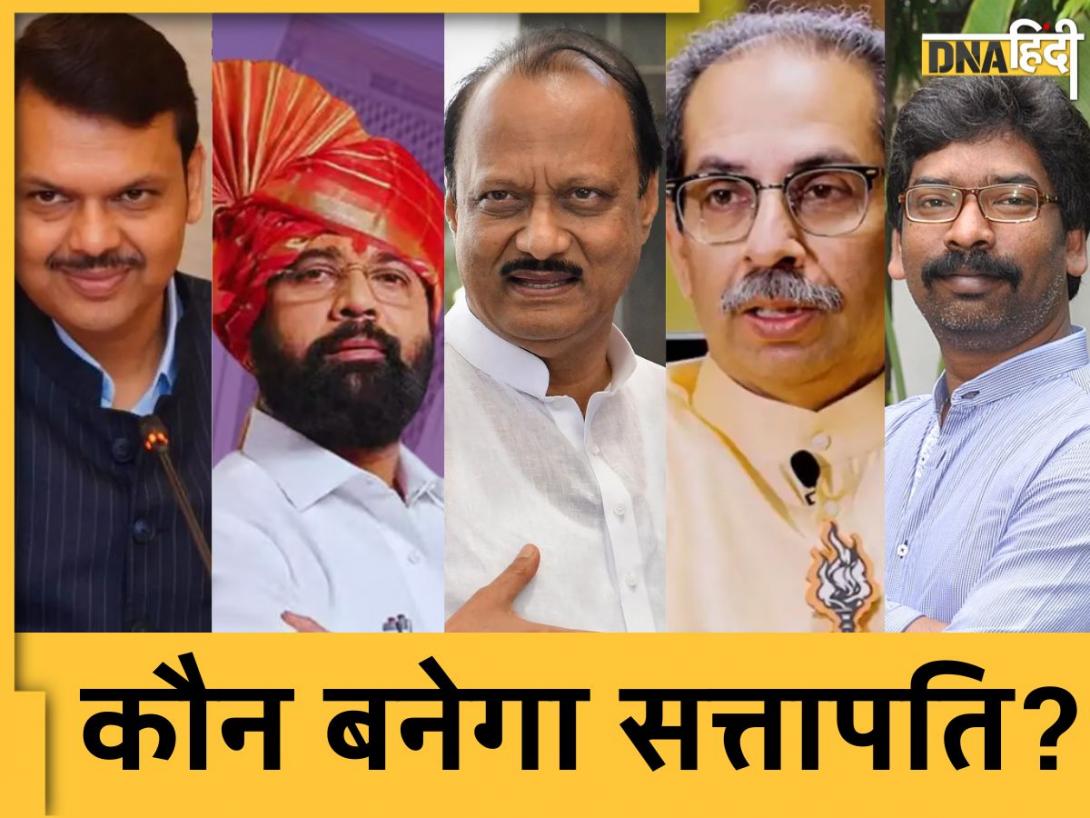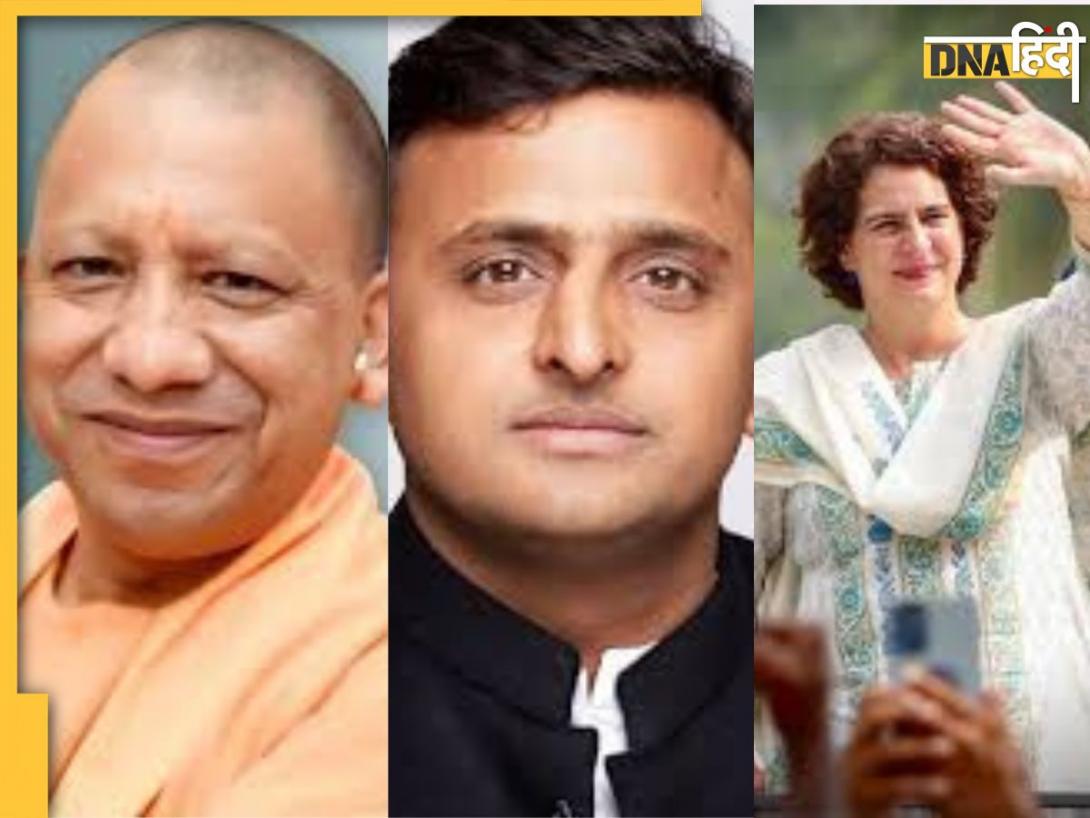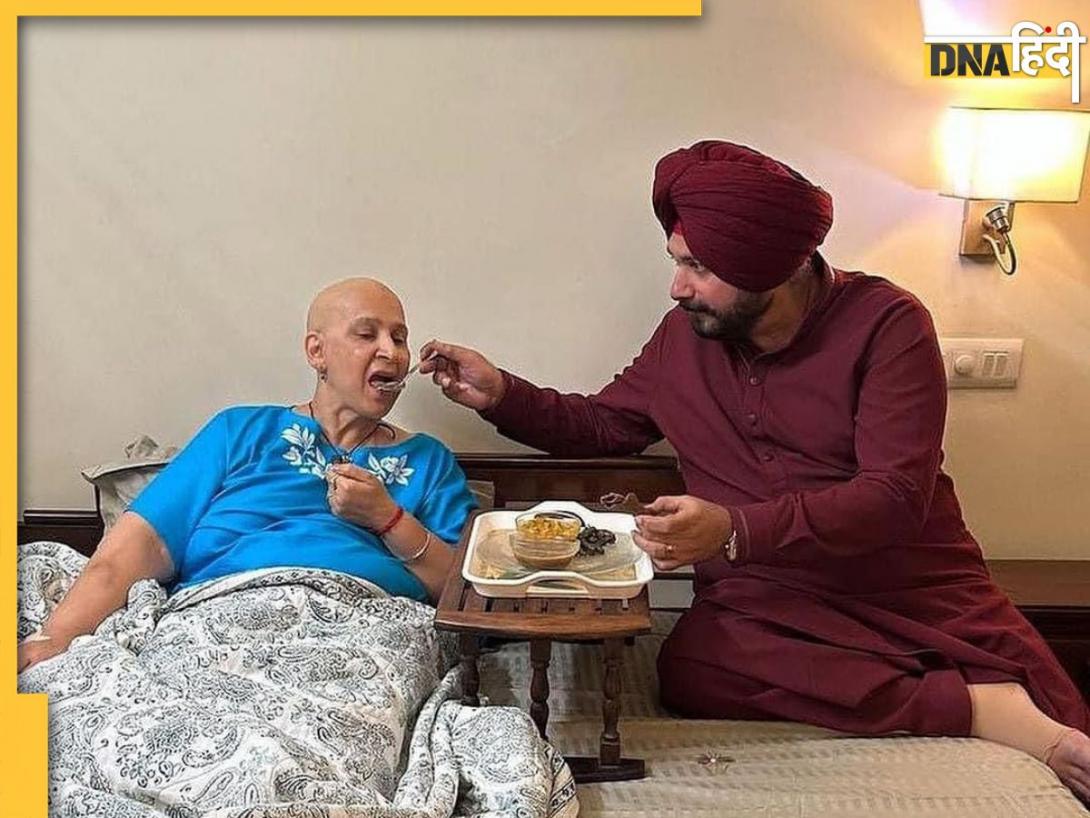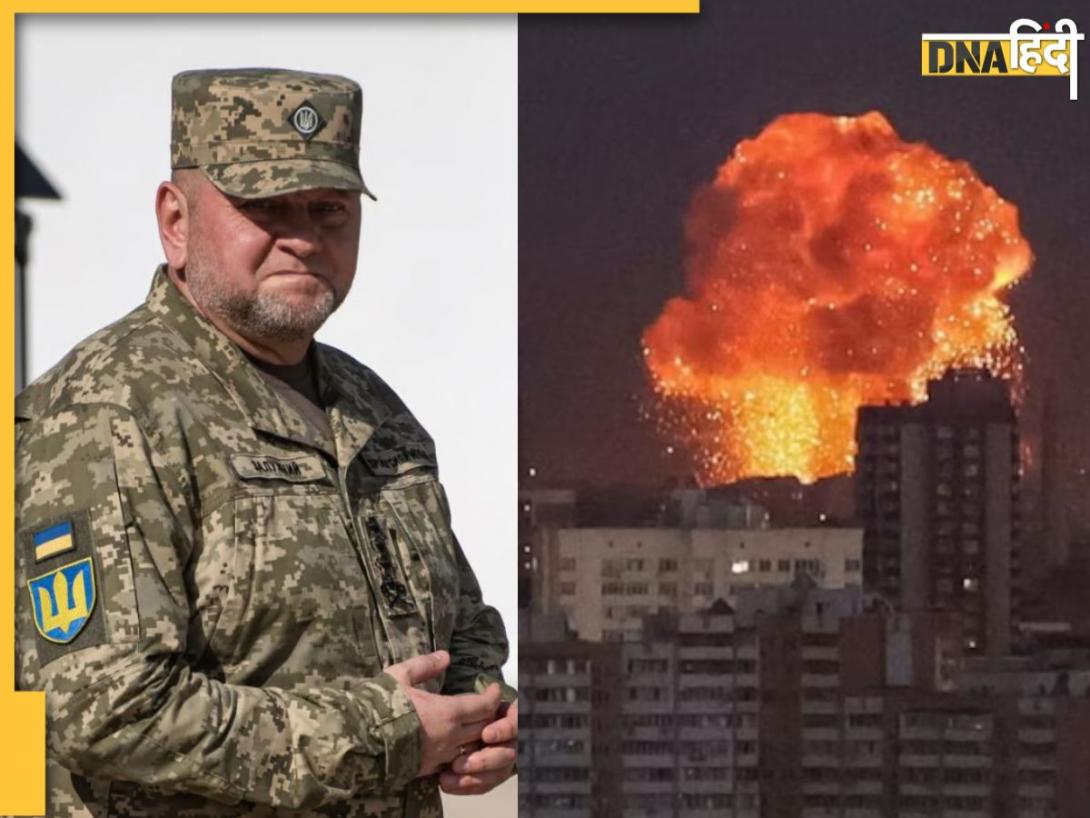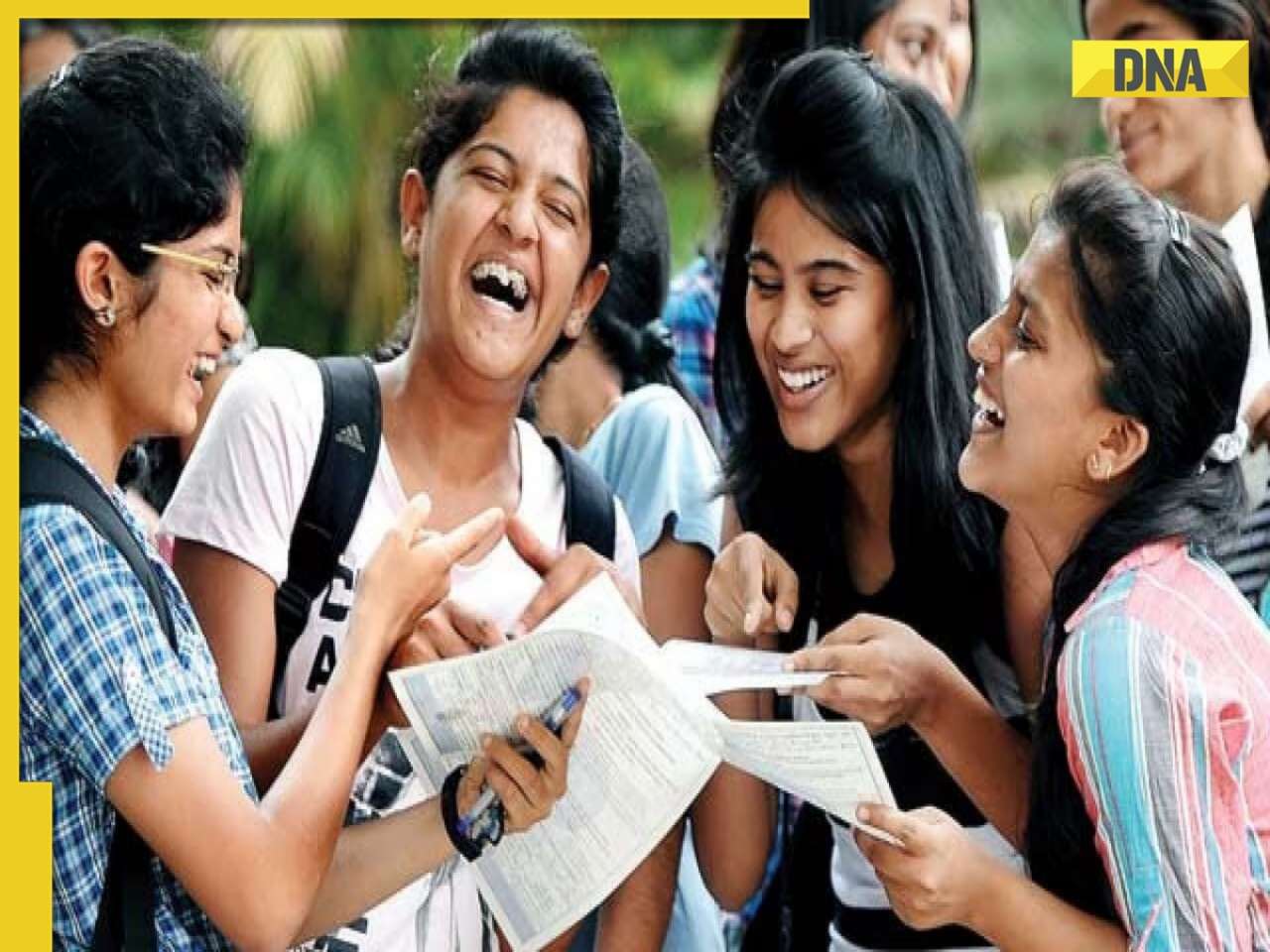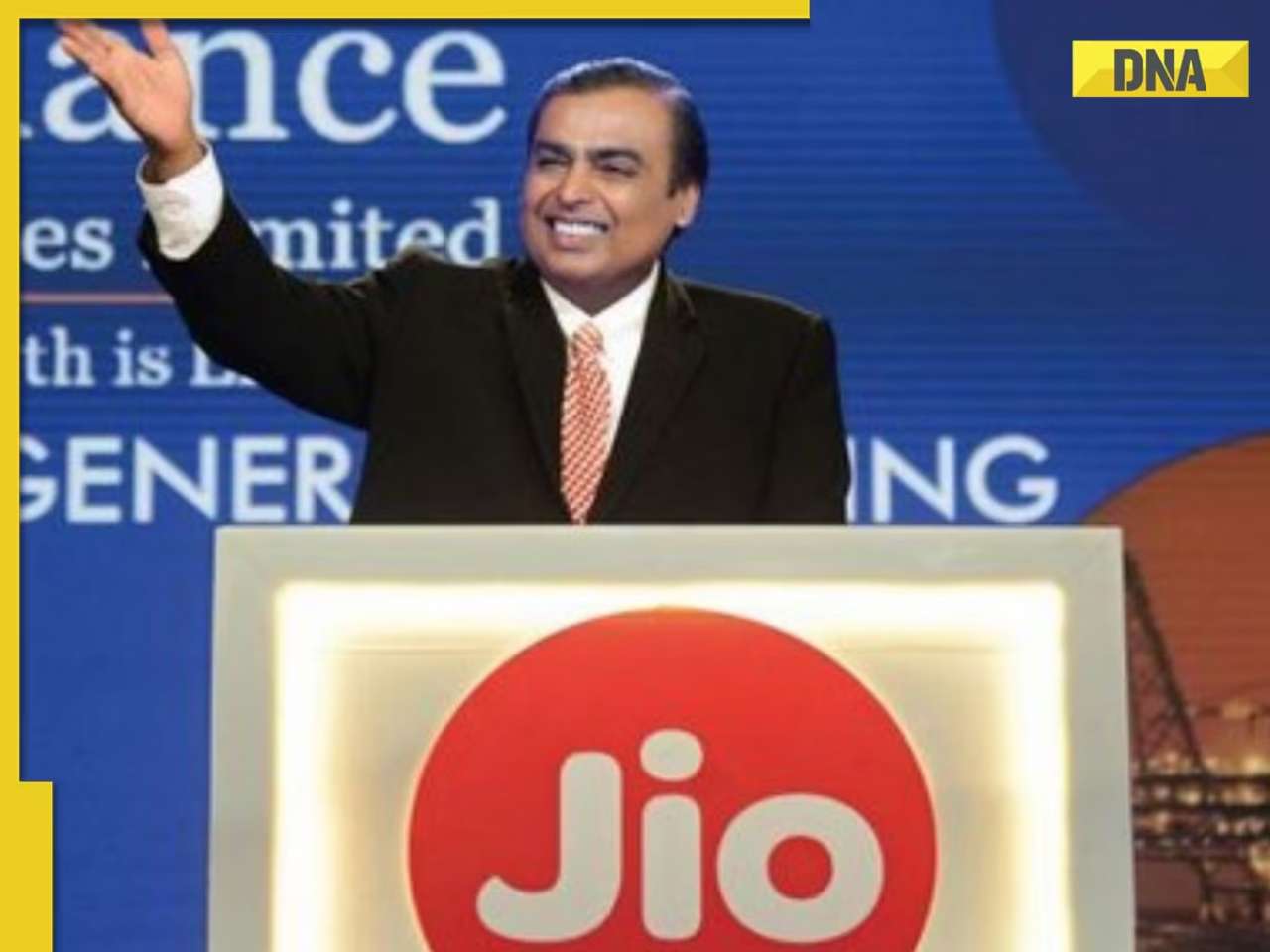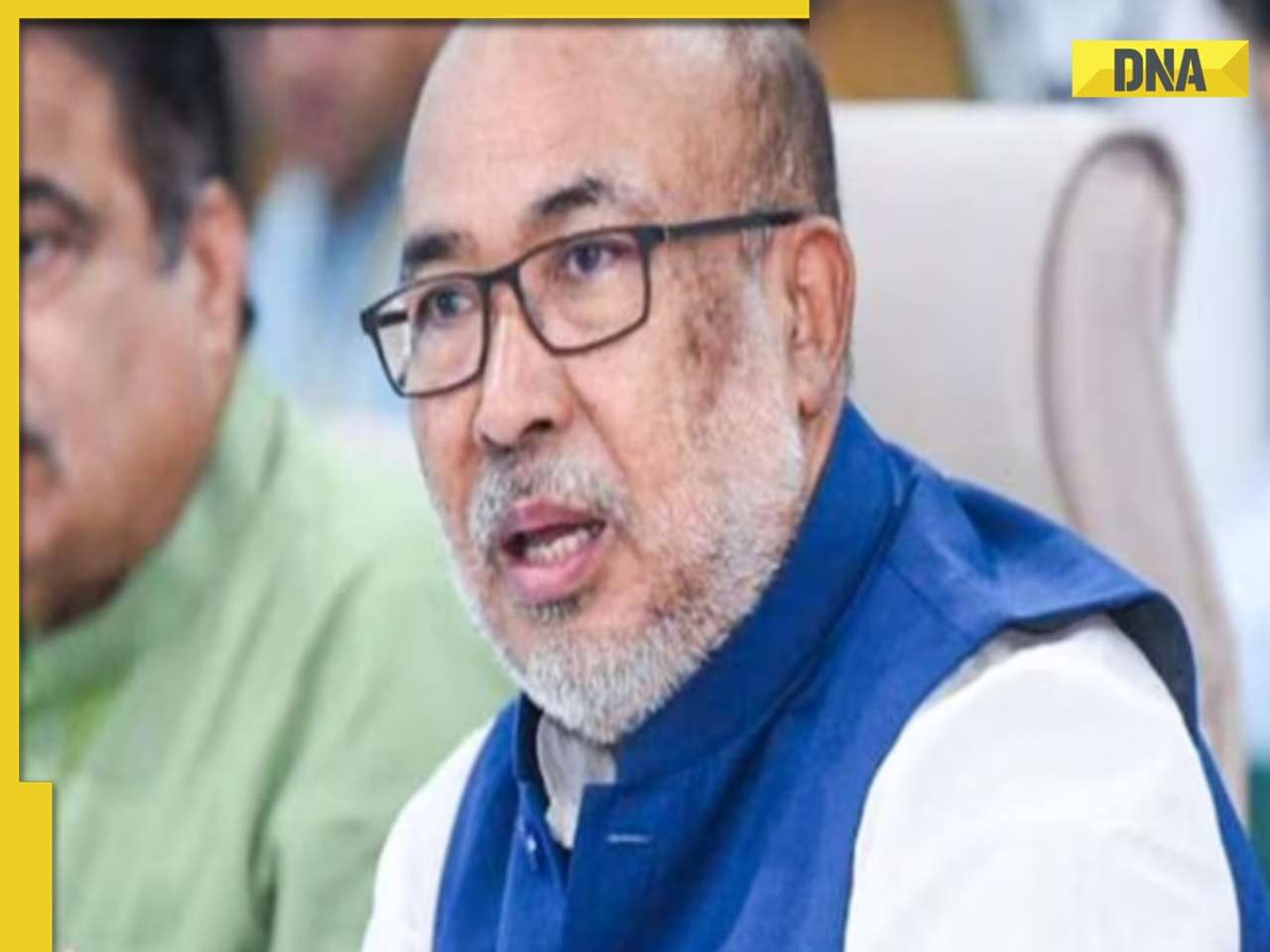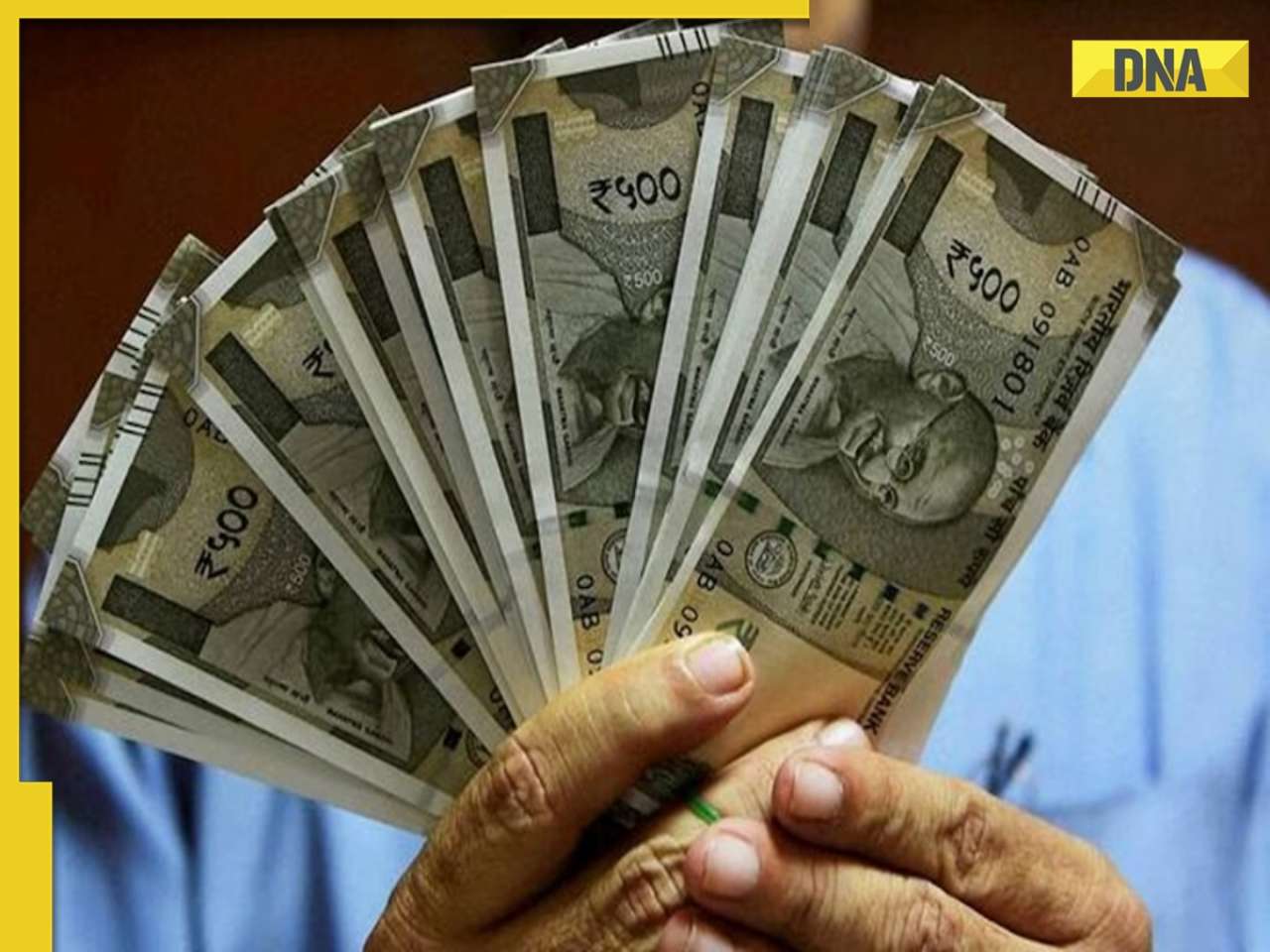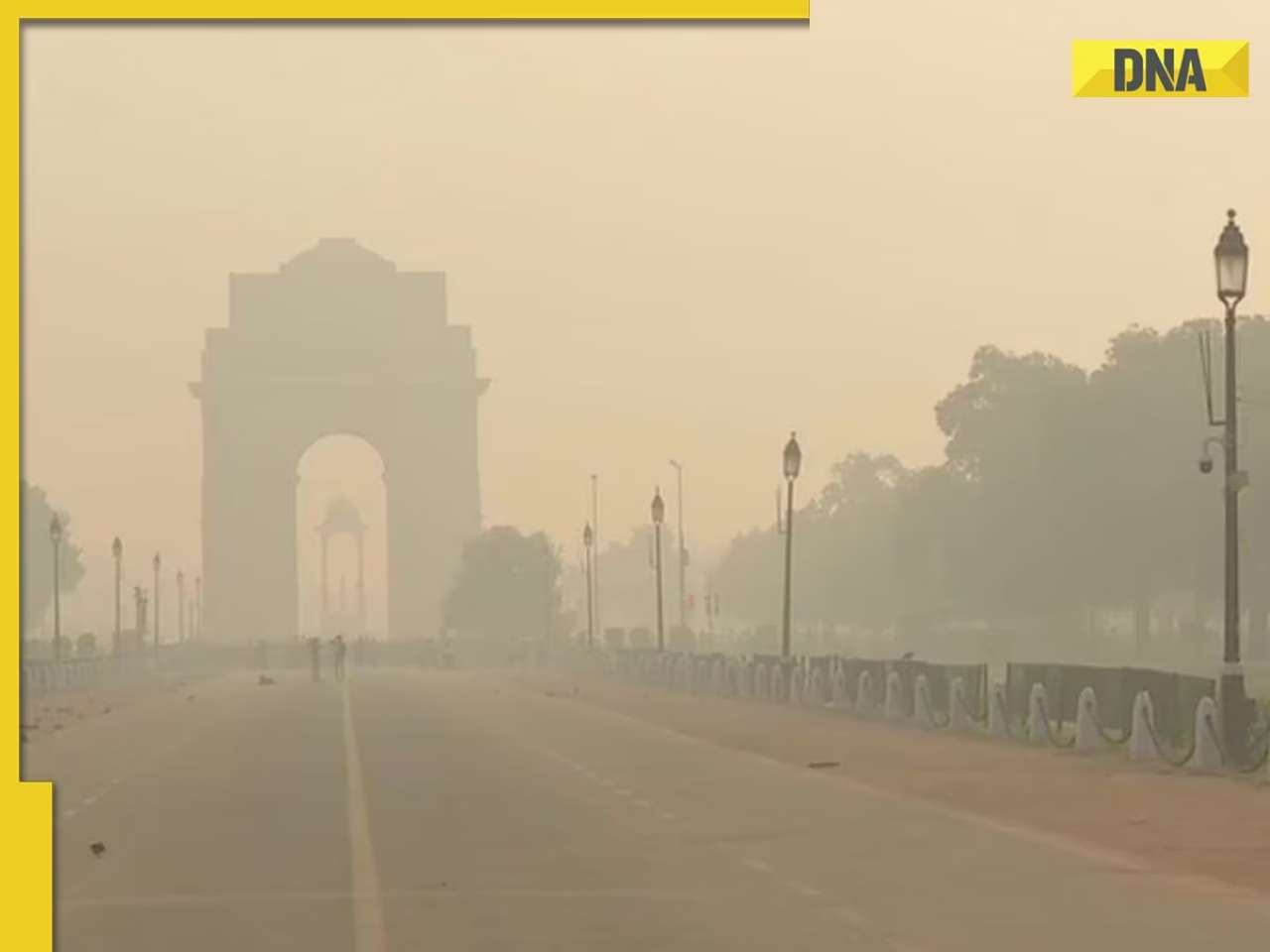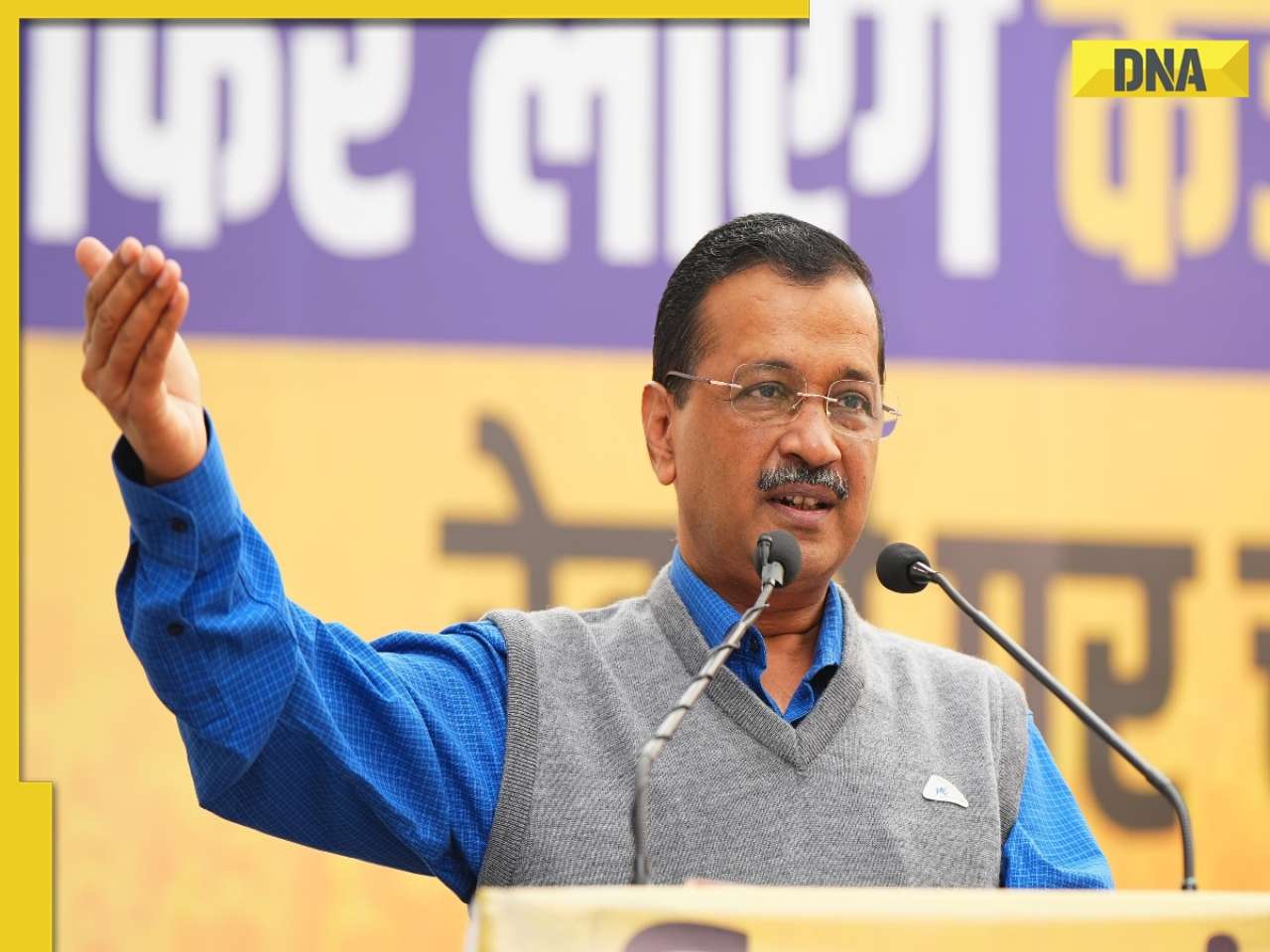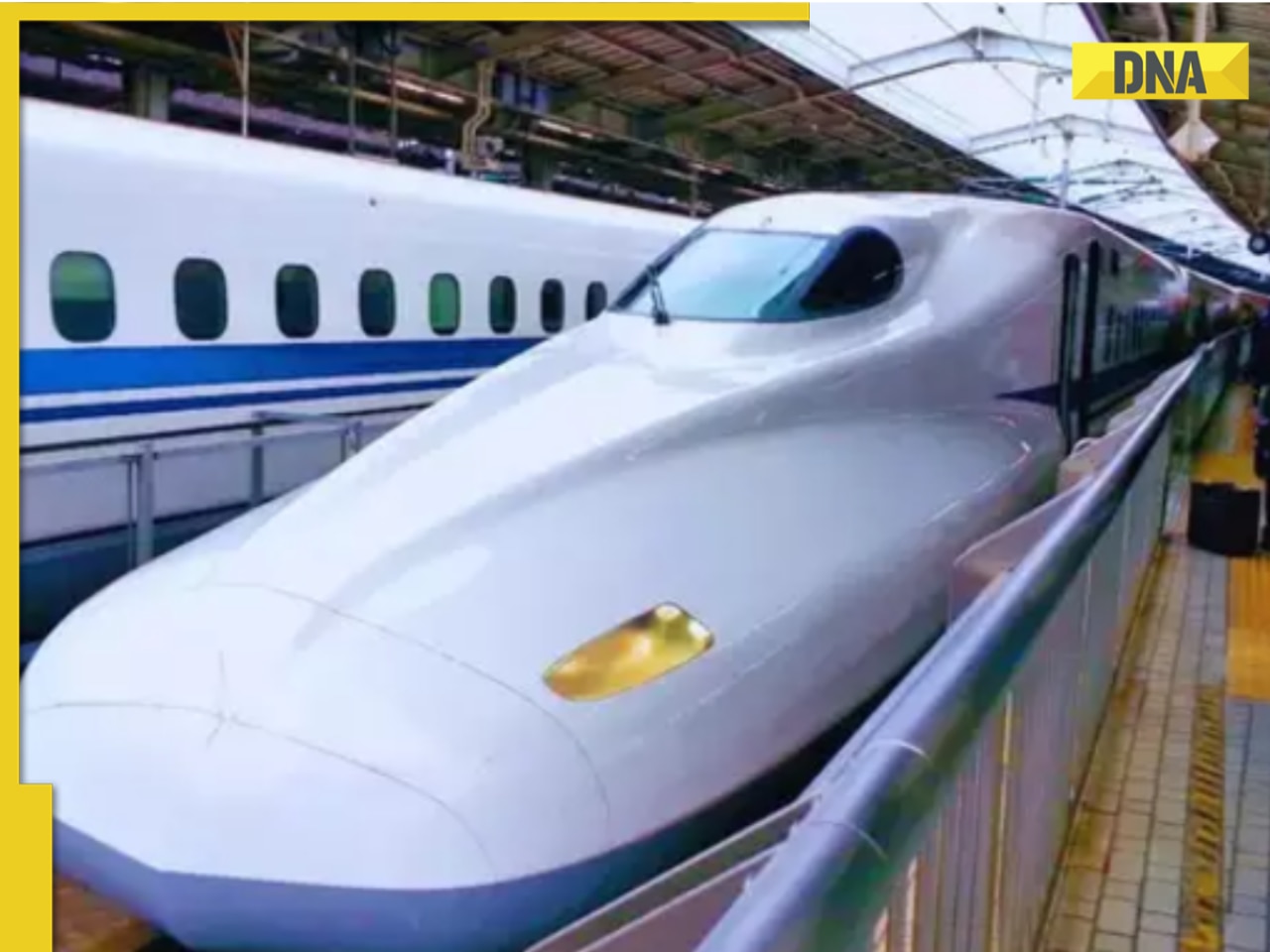- LATEST
- WEBSTORY
- TRENDING
INDIA
The fidayeens are back, but we aren't ready
A frontal attack on Mumbai's commercial district prompts a glance over threats to similar landmarks across the country, especially in the National Capital Region (NCR).
TRENDING NOW
A frontal attack on Mumbai's commercial district prompts a glance over threats to similar landmarks across the country, especially in the National Capital Region (NCR).
The one destination that comes to mind immediately is the corporate street in Gurgaon's DLF Phase-II, which has emerged as NCR's main business hub. In this two kilometre stretch on the Delhi-Jaipur expressway stand offices of major multinational corporations, ranging from Microsoft to Nokia to IBM.
Around half a lakh descend on this place every day and perch themselves in glass-tinted high-rises that can wreck to tinkles with even a low-intensity decibel impact. As intended by the terrorists in Mumbai, any major attack on this business hub can instantly kill and maim a few hundreds, if not thousands, and impart a backbreaking impact on many MNCs, whose top managements operate from these premises.
Apart from a few traffic wardens struggling to manage the rush hour and private guards manning entrances, there are usually no signs of the Gurgaon constabulary anywhere in sight. That too in an area classified as a high threat zone. But for occasional fire drills, this zone is among the least protected and most vulnerable areas in the whole of NCR.
It is this callousness and disregard for threat assessments that exemplifies the current state of India's security management. No surprises then that even before the finale of the Mumbai episode, the country expressed a sense of déjà vu.
What has worried most is the audacity of the handful of 20-somethings, holding the nation to ransom for over 60 hours and managing to keep a large contingent of India's elite troops at bay.
At least some of those Indians who are aware of global anti-terror folklore might have desired belligerence from the Indian state on the lines of those made famous by the Sayaret Matkal - Israel's counter-terror unit which has relentlessly pursued and annihilated Israel's enemies in Munich, Beirut and Entebbe.
While President Bush is a satanic figure for most, one forgets that his administration has prevented even a single terror attack in the US after 9/11.
Half a decade of profiling and strong homeland security management has created strong firewalls across the US, preventing 9/11-type catastrophes. Similarly, the no-holds-barred responses of the Israelis against terrorists have deterred even the Al Qaeda from attacking this country.
Unlike the Israelis, the Indian system has endured inefficiency and unaccountability. Besides the ability to forget tragedies, Indians have learnt to live with a system where the structures and personalities answerable for such contingencies have remained aloof from punitive action.
In 2008, there were major terror attacks across India every consecutive month. The establishment argues that terrorism has an unpredictable character and hence preparedness would only be based on concrete inputs.
But a closer look would reveal that many things were predictable about the Mumbai attack. Only a few months back, in Pakistan a bomb-laden truck rammed into Islamabad's Marriott Hotel, which like the Taj and Trident, were crowded by expatriates.
Some feel that homegrown terrorism might have supplanted the operations of Pakistan-based groups. But there are enough indications to show that Pakistan-based groups like Lashker-e-Taiba (LeT) and Jaish-e-Mohammed (JeM) were looking for opportunities to strike, either through sleeper cells or spontaneous external intrusion. With the Line of Control being under sustained monitoring and infilitration coming down in Jammu and Kashmir, such groups were exploring breakthroughs.
India's security policy planning is dominated by serving and retired bureaucrats with little inclination for strategic thinking. They fail to realise that terrorists rely on out-of-the-box formulations to impart an element of surprise in every strike.
The Mumbai attack marked the return of the fidayeen, who had last displayed their prowess during the parliament attack. Though essentially a Pakistani creation, fidayeens are now unleashing themselves with deadly alacrity within Pakistan where suicide attacks have become a daily phenomenon.
With confirmation about the Mumbai attackers' Pakistani links, it is clear that India's enduring enemies like LeT and JeM have revived their operations, especially after the ascendancy of indigenous jehadi groups in India.
However, the uniqueness of the Mumbai attack was the superlative planning and execution by the terrorists. Besides managing to sneak into Mumbai by sea, their targeting and attacking methodologies and ingenious ways of segregating across the city right under the noses of the security agencies and positioning at vantage locations point to a professional planning akin to Al Qaeda.
This also reflects in the manner in which they targeted gargantuan complexes with the scope for maximum 'valuable' hostages and where security agencies would struggle to penetrate with minimal collateral damage. The fact that the targets selected were filled with expatriates and the handpicking of American, British and Israeli citizens clearly reveals the Al Qaeda dimension.
Further, the high level of motivation of the militants shows a strong indoctrination of the Al Qaeda kind, an imprint visible in all their operations. While most of Pakistan's extremist groups have Al Qaeda leanings, India has long been on its wish list, which it could target through Pakistani groups.
This largely successful attack proved that its planning and reconnaissance were in the offing for a long time, as usually done by the Al Qaeda. But the portentous element is that the next hit of the fidayeen in the country would be to New Delhi, which has been their favourite target. One should realise that fidayeen strikes come when the guard is down. And that happens too often in India, normally a few weeks after the emotional quotient of the last attack expires.
The worrisome part then is whether the NCR is prepared for a similar attack in the near future. Despite the National Security Guard (NSG) camping in the NCR and a heavily equipped cantonment near New Delhi, the 60-odd hours taken to annihilate the Mumbai attackers show that the real challenge lies in planning and execution, despite the declared capabilities of our counter-terror forces.
Though the need for a federal counter-terror agency has been evenly debated, the aspect which needs attention is the dilution of the NSG's mandate and capabilities by involving them in VIP security and other mundane activities. For long, our security management has depended on ad hoc structures and planning to meet such contingencies. This trend must end.

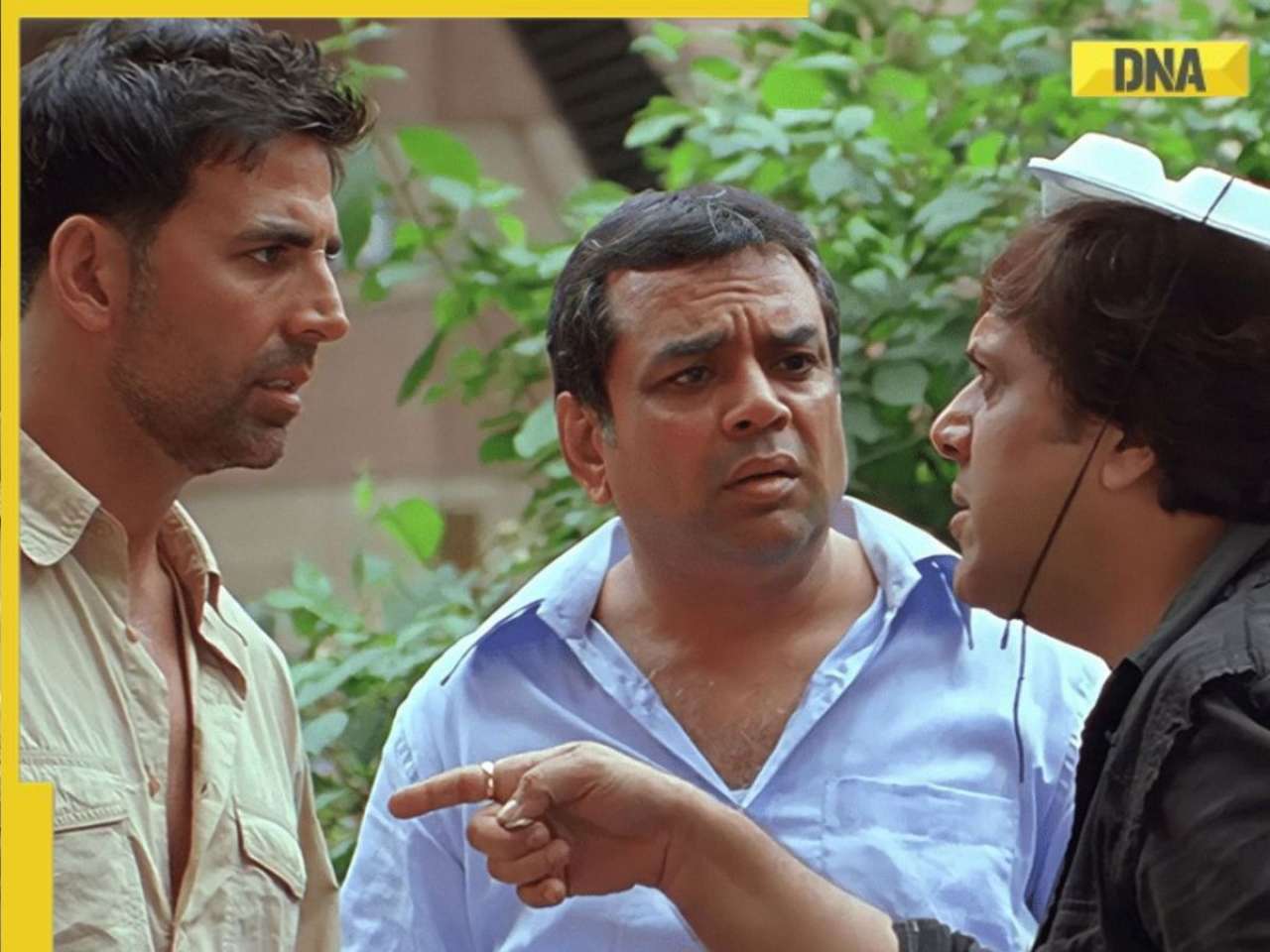






)
)
)
)
)
)
)
)
)
)
)
)
)
)
)





